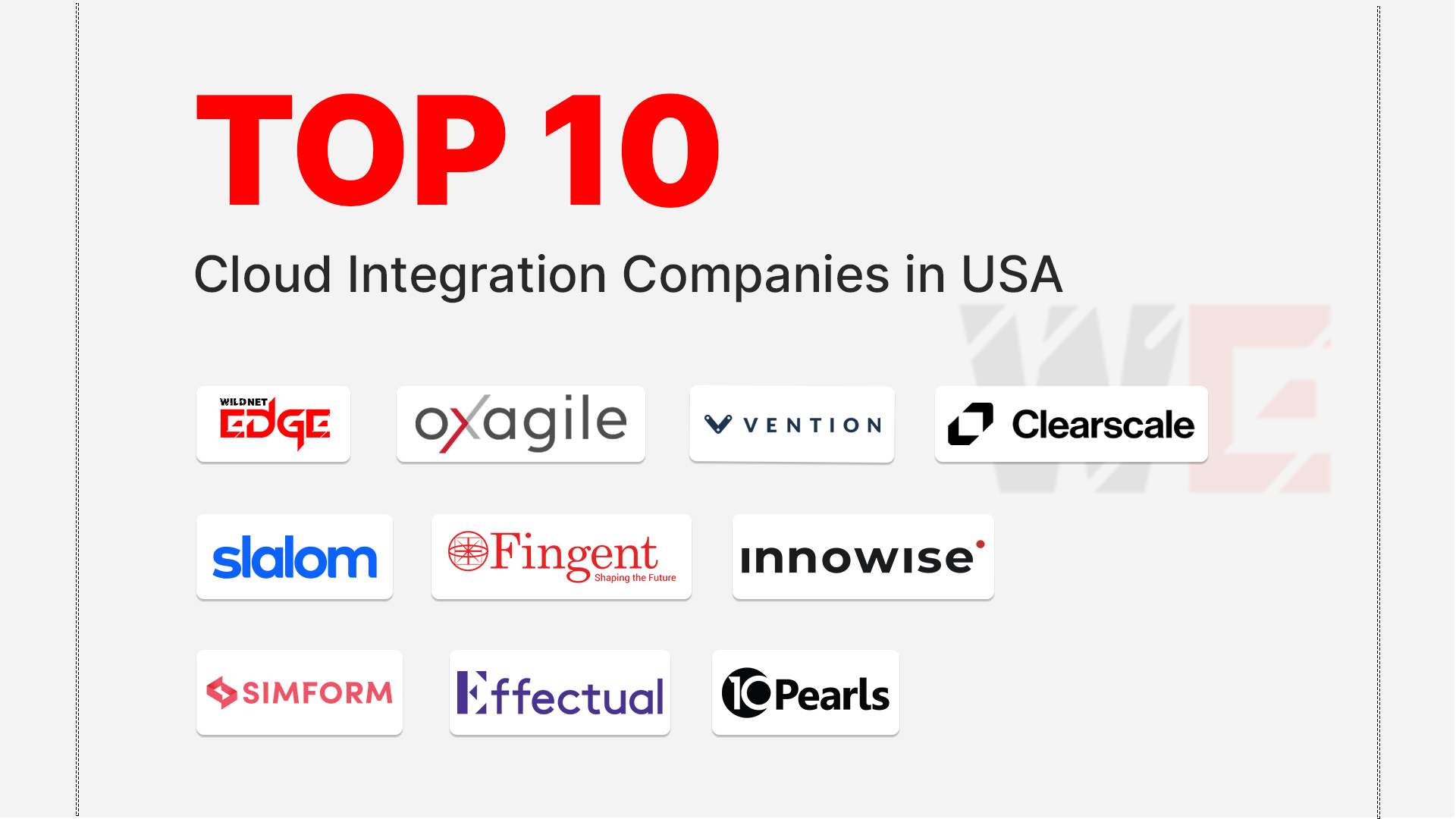Choosing the right ecommerce platform can feel daunting, especially when pitting WordPress vs Shopify against each other. Are you confused about which platform fits your business needs? Understanding the differences between these two options can help streamline your decision-making process and set you on a path to online success. Both platforms have unique features that cater to different business models and goals, making it crucial to evaluate your specific requirements before diving in. This article will guide you through the advantages, pricing, SEO capabilities, and support resources to help you determine the best fit for your ecommerce aspirations.
Overview of Ecommerce Platforms
What are Ecommerce Platforms?
Ecommerce platforms are specialized software solutions that enable businesses to build and manage online stores. They provide essential tools to facilitate online sales, from product listings to payment processing and inventory management. By acting as a bridge between businesses and customers, these platforms streamline the entire shopping experience. Whether you’re selling physical goods, digital downloads, or services, ecommerce platforms empower merchants to showcase their offerings to a global audience.
These platforms not only offer storefront capabilities but also integrate marketing tools, analytics, and customer relationship management features. They allow businesses to create seamless user experiences, manage orders, cater to customer inquiries, and overall, drive sales.
Types of Ecommerce Platforms
When it comes to ecommerce platforms, they generally fall into two categories: open-source and hosted solutions.
- Open-Source Platforms: These platforms, like WordPress, provide the ultimate flexibility and customization options. Users can modify the source code to tailor the platform to their exact needs. However, with great power comes great responsibility; you also need to manage hosting, security, and updates, which can be quite technical.
- Hosted Platforms: Shopify is an example of a hosted solution, where the provider takes care of technical aspects, including hosting, security, and updates. These platforms typically come with a user-friendly interface and are easier for beginners. While they might offer less customization, they allow businesses to focus more on sales and growth rather than technical maintenance.
Understanding the types of ecommerce platforms helps you evaluate which option aligns best with your business capabilities and goals.
Advantages of WordPress for Ecommerce
Flexibility and Customization
One of the biggest advantages of using WordPress for ecommerce is its unrivaled flexibility and customization. WordPress boasts thousands of plugins and themes designed specifically for ecommerce purposes. Plugins like WooCommerce transform a basic WordPress site into a fully functional online store, allowing you to manage inventory, process payments, and even implement dynamic pricing strategies.
Here are some key customization features WordPress offers:
- Custom Themes: Choose from thousands of themes or create your own to match your brand identity.
- Extensive Plugin Library: Enhance your site’s functionality with plugins for SEO, marketing, and social media integration.
- Open Source: Modify the underlying code for a bespoke solution tailored to your exact needs, which is particularly useful for unique business models.
This level of flexibility makes WordPress an attractive option for businesses looking for specific functionalities not readily available on other platforms.
Cost Effectiveness
When it comes to cost, WordPress can be more economical than Shopify, especially for startups and small businesses. While WordPress itself is free, your total expenses will depend on the hosting provider you choose, the themes, and the plugins you implement.
- Initial Costs: You can start with a minimal budget, utilizing free themes or essential plugins. For instance, WooCommerce itself is free to install, though you may incur costs with advanced plugins or premium themes.
- Long-Term Expenses: Although Shopify charges a monthly fee ranging from $29 to $299 or more, depending on the plan, WordPress allows you to control your spending. However, consider potential hidden costs, such as hosting fees, premium plugins, and customizing your site. While costs can vary widely, many find that WordPress allows for better financial management if they are willing to invest time into setup and maintenance.
By analyzing the total costs associated with both platforms, you can choose a solution that supports your financial health while still achieving your ecommerce objectives.
Advantages of Shopify for Ecommerce
User-Friendly Interface
Shopify’s standout feature is its incredibly user-friendly interface, making it a favored choice for beginners and those who prefer a hassle-free setup. With Shopify, you can launch an online store within hours, thanks to its intuitive point-and-click design.
Some notable aspects of Shopify’s usability include:
- Pre-built Templates: Users can select from a variety of professionally designed templates that are mobile-optimized and easily customizable without needing any coding skills.
- Integrated Payment Options: Shopify comes integrated with various payment gateways, like PayPal and Stripe, simplifying the checkout process.
- Built-in Features: From handling taxes to managing shipping and inventory, Shopify includes several built-in features that eliminate the need for many additional plugins.
This ease of use minimizes the technical burden and allows business owners more time to focus on marketing and engaging with customers rather than dealing with backend issues.
Built-In Security Features
Security is crucial in ecommerce, and Shopify excels with its built-in security features. The platform includes SSL certification, which encrypts customer data during transactions, safeguarding sensitive information like credit card details and personal data. Shopify also adheres to PCI compliance, ensuring secure payment processing.
In contrast, WordPress users face potential security concerns, often relying on third-party plugins for security measures that might not be robust. If not properly maintained, an open-source platform can be vulnerable to cyber threats and breaches.
Thus, if security is a primary concern for your ecommerce business, Shopify’s built-in security features provide peace of mind that can be particularly beneficial for businesses handling delicate customer data.
WordPress vs Shopify: Pricing Comparison
Breakdown of Costs
Understanding the financial implications of WordPress vs Shopify is pivotal for any business looking to thrive online. Below is a clearer breakdown of potential costs associated with both platforms.
- WordPress Costs:
- Hosting: Ranges from $5 to $50 per month, depending on the provider and bandwidth needed.
- Domain registration: $10 to $20 per year.
- Premium themes and plugins: Can cost anywhere from $30 to $300, depending on the specific needs.
- Maintenance: If you hire someone to manage updates, that can add additional costs.
- Shopify Costs:
- Monthly fees: Start at $29 and can go up to $299 or more, depending on the features you need.
- Transaction fees: Shopify charges a percentage of each sale unless you use their payment gateway.
- App costs: Some Shopify apps may require subscriptions that can add up.
While starting with WordPress might seem cheaper, the ongoing costs associated with Shopify’s all-in-one solution can offer better predictability, potentially simplifying budgeting for newer digital merchants.
Value for Money
Evaluating value for money is crucial in deciding between WordPress and Shopify. While WordPress offers extensive customization and can be more affordable initially, it requires a more hands-on approach for maintenance and security, which can translate to higher costs if not managed properly.
On the flip side, Shopify provides an all-inclusive solution with fewer technical headaches. The pricing might be higher, but it encompasses hosting, security, and support, which can be more attractive for businesses that want to minimize time spent on backend issues and focus on growth.
Consider what you value most: control and customization or simplicity and security. Each business will come to a different conclusion depending on current needs and future goals.
SEO Capabilities: WordPress vs Shopify
SEO Features of WordPress
When it comes to SEO, WordPress is widely regarded as the industry leader. The platform offers a wealth of SEO tools and plugins that enhance search engine visibility.
Key WordPress SEO features include:
- Yoast SEO Plugin: This highly-rated plugin helps manage keywords, optimize content, and ensure proper readability, offering suggestions to improve your site’s performance.
- Customizable Permalinks: Create search engine-friendly URLs that enhance your site’s SEO and user experience.
- Rich Snippets and Schema Markup: With the right plugins, you can easily implement Schema markup, helping search engines understand your content better and improving click-through rates.
The customization capabilities on WordPress allow for detailed and nuanced SEO strategies tailored specifically to your target audience.
Shopify’s SEO Strengths
Shopify also incorporates SEO-friendly features that make it easier for users to optimize their storefronts. While it may not offer the same level of customization as WordPress, it still provides essential tools for search visibility.
Key Shopify SEO features include:
- Built-in SEO Settings: Users can easily modify title tags, meta descriptions, and alt tags for images directly from the dashboard, ensuring that essential elements are optimized for searches.
- Clean URLs: Shopify automatically generates clean URLs that are optimized for search engines, which improves indexing and tracking.
- Redirects and Site Speed: The platform automatically handles redirects, ensuring that broken links don’t hurt your site’s SEO efforts, and it hosts your site on its fast servers for better page load times—another crucial factor for ranking well in search results.
While both platforms offer robust SEO capabilities, WordPress may be the right choice for those who prioritize detailed optimization and control, whereas Shopify emphasizes ease of use.
Customer Support and Community
WordPress Support Resources
Support for WordPress can vary widely, largely due to the open-source nature of the platform. While there are no dedicated support teams, it benefits from a massive community of users and developers:
- Community Forums: There are thousands of forums where users can seek help and share advice.
- Documentation: WordPress provides an extensive database of documentation and tutorials, assisting users in troubleshooting and advanced techniques.
- Consultants and Freelancers: Many skilled professionals can provide services for setup and maintenance, although this incurs additional costs.
Though support may feel less straightforward, many users appreciate the wealth of knowledge available in the community.
Shopify Customer Service
Shopify shines in its customer support offerings. With 24/7 assistance, users can reach out via chat, email, or phone. The pros of choosing Shopify include:
- Quick Response Times: Many users report receiving timely help from knowledgeable staff.
- Dedicated Resources: Shopify offers extensive documentation, tutorials, and even live webinars to help users navigate their platform.
- Community Forums: Similar to WordPress, Shopify has a strong user community where people share insights and advice.
While both platforms have their own strengths in support, Shopify tends to provide a more structured support experience. For those expecting to rely heavily on responsive customer service, Shopify might edge out WordPress.
Conclusion
In the battle of WordPress vs Shopify, both platforms offer distinct advantages that cater to different business needs and technical abilities. WordPress excels in customization and cost-effectiveness, appealing to those with the technical savvy to maintain and optimize their sites. Conversely, Shopify provides a simplified user experience and superior security features, making it ideal for those who prefer a hands-off approach to technical challenges.
Ultimately, determining the best ecommerce platform will come down to your specific business needs, budget, and readiness to manage technical aspects. For detailed guidance, WildnetEdge can assist in choosing the right ecommerce platform that aligns with your objectives. Take the time to evaluate what matters most to your business, and you’re sure to make an informed choice that supports your ecommerce growth.
FAQs
What are the main differences between WordPress and Shopify?
A1: WordPress offers extensive customization with plugins, while Shopify provides a user-friendly interface and built-in ecommerce features.
Q2: Which ecommerce platform is more cost-effective, WordPress or Shopify?
WordPress can be cheaper initially, but ongoing costs may arise, whereas Shopify has straightforward pricing tiers.
Q3: How do SEO capabilities differ in WordPress and Shopify?
WordPress offers more customization with plugins for SEO, while Shopify facilitates easy management of SEO elements directly in its setup.
Q4: What kind of support can I expect from WordPress for ecommerce?
WordPress has a diverse community and many forums but lacks dedicated support, relying on user-generated help.
Q5: How does Shopify ensure security for my ecommerce site?
Shopify includes built-in security features, including SSL certificates, ensuring safe transactions for your online store.

Managing Director (MD) Nitin Agarwal is a veteran in custom software development. He is fascinated by how software can turn ideas into real-world solutions. With extensive experience designing scalable and efficient systems, he focuses on creating software that delivers tangible results. Nitin enjoys exploring emerging technologies, taking on challenging projects, and mentoring teams to bring ideas to life. He believes that good software is not just about code; it’s about understanding problems and creating value for users. For him, great software combines thoughtful design, clever engineering, and a clear understanding of the problems it’s meant to solve.
 sales@wildnetedge.com
sales@wildnetedge.com +1 (212) 901 8616
+1 (212) 901 8616 +1 (437) 225-7733
+1 (437) 225-7733















 ChatGPT Development & Enablement
ChatGPT Development & Enablement Hire AI & ChatGPT Experts
Hire AI & ChatGPT Experts ChatGPT Apps by Industry
ChatGPT Apps by Industry ChatGPT Blog
ChatGPT Blog ChatGPT Case study
ChatGPT Case study AI Development Services
AI Development Services Industry AI Solutions
Industry AI Solutions AI Consulting & Research
AI Consulting & Research Automation & Intelligence
Automation & Intelligence













